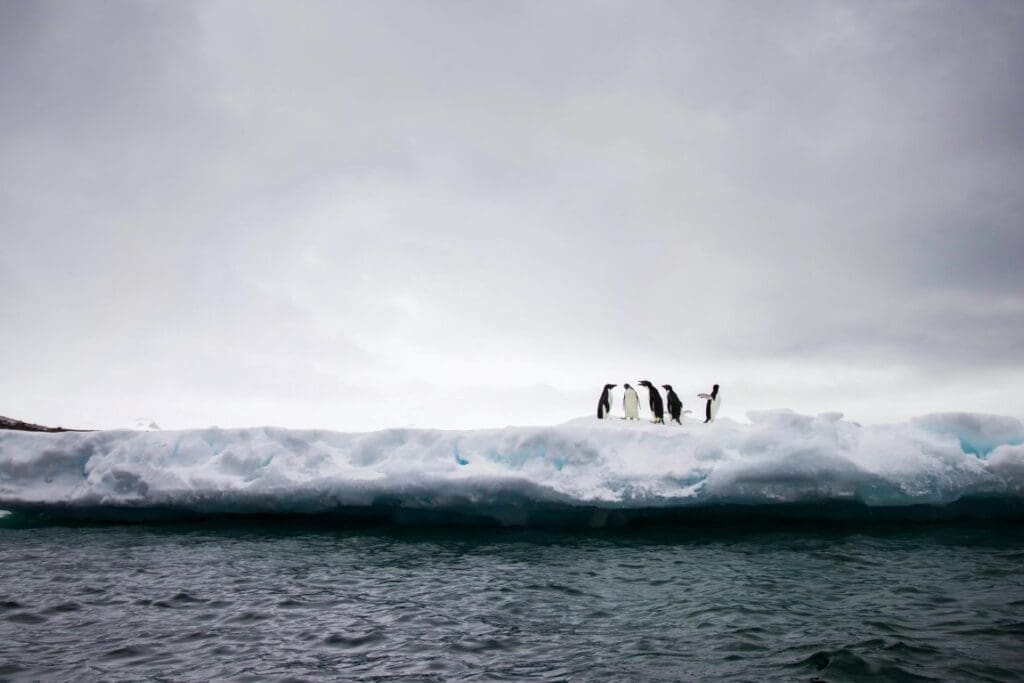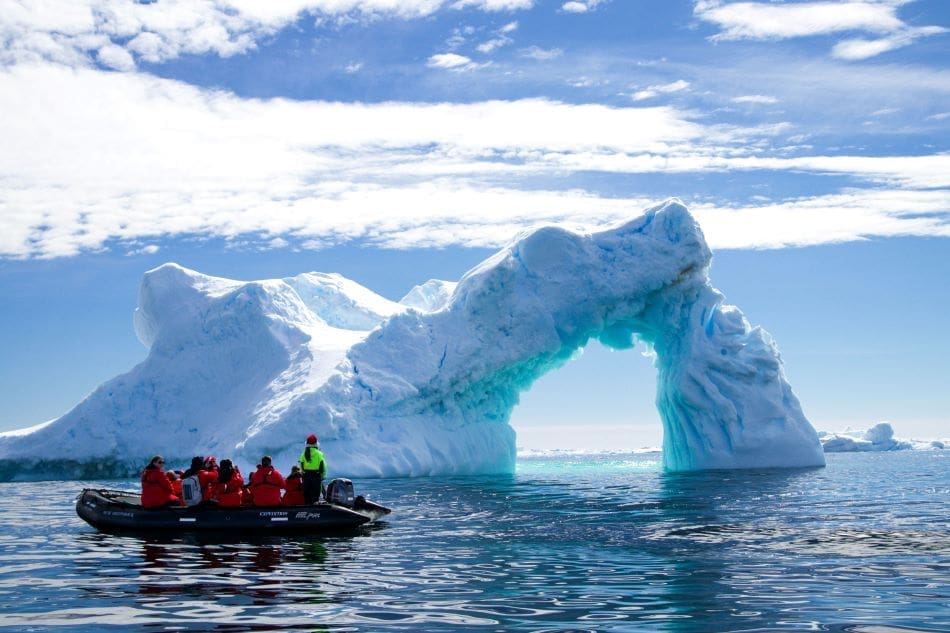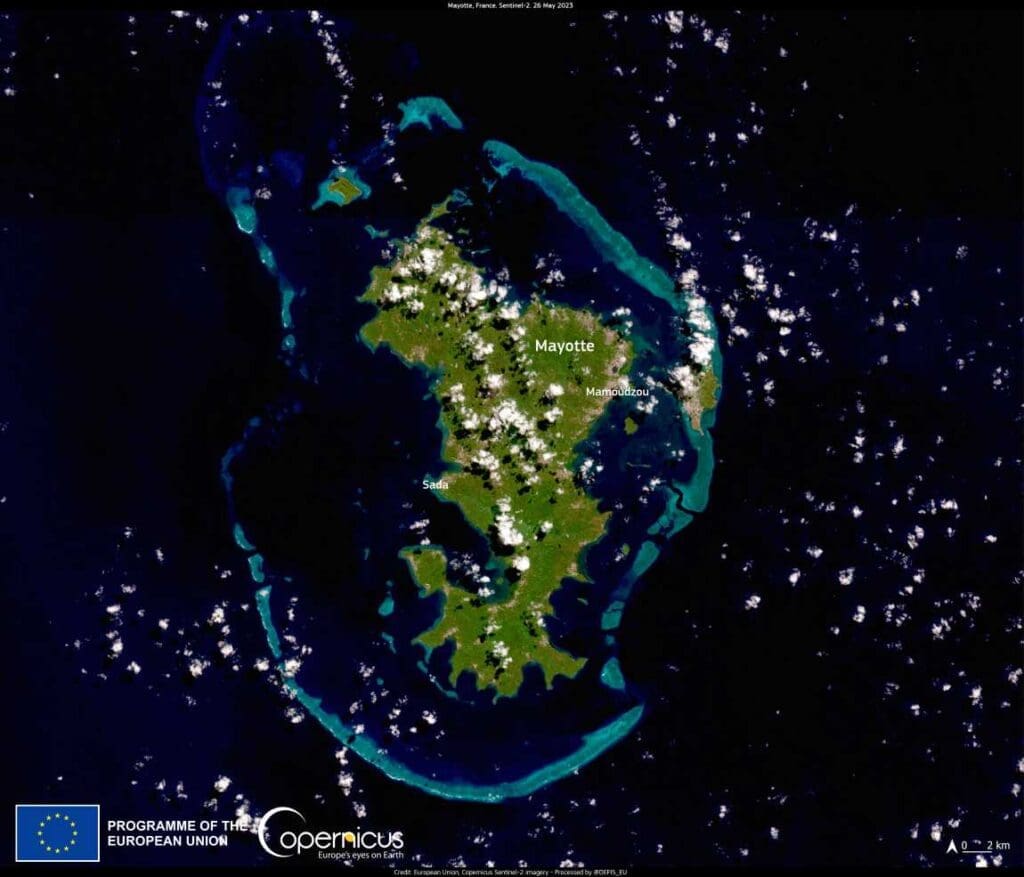Santiago, Chile | AFP | Muser NewsDesk
Soaring numbers of tourists and expanding research projects are increasingly polluting Antarctica, scientists warned Wednesday, a fresh blow for one of Earth’s most pristine environments already threatened by human-driven climate change.
In Antarctic areas where humans have been active, the concentration of fine particles containing heavy metals is 10 times higher than it was 40 years ago, the international team of researchers said in a new study.
That change has come as the number of annual tourists visiting the white continent has risen from 20,000 to 120,000 over the last two decades, according to the International Association of Antarctica Tour Operators.
“The increasing human presence in Antarctica raises concerns about pollutants from fossil fuel combustion, including those from ships, aircraft, vehicles and supporting infrastructure,” the study in the journal Nature Sustainability said.

Ships carrying tourists are powered by dirty fossil fuels, which are the source of fine particles containing things like nickel, copper, zinc and lead.
“Snow melts faster in Antarctica due to the presence of polluting particles in areas frequented by tourists,” study co-author Raul Cordero told AFP.
“A single tourist can contribute to accelerating the melting of around 100 tons of snow,” said the scientist at the University of Groningen in the Netherlands.
The researchers — from countries including Chile and Germany — spent four years traveling 1,200 miles (2,000 kilometers) in Antarctica to measure the contamination.
The presence of heavy metals has also increased due to scientific expeditions. Research projects that stay for an extended time can have up to 10 times more of an impact than a single tourist, Cordero said.
The study acknowledged there have been “meaningful steps forward” in attempts to protect Antarctica, such as a ban on highly polluting heavy fuel oil and the tourism industry embracing electric-hybrid ships.
“Nevertheless, our results show that more remains to be done to reduce the burdens of human activities in Antarctica,” including speeding up the transition to renewable energy and slashing fossil fuel use, the study said.
A different Nature study also published on Wednesday warned that potentially irreversible changes in Antarctica driven by climate change could lift global oceans by meters and lead to “catastrophic consequences for generations.”
axl/sf/dl/sla
© Agence France-Presse
Journal Reference:
Cordero, R.R., Feron, S., Malhotra, A. et al., ‘Heavy metal imprints in Antarctic snow from research and tourism’, Nature Sustainability (2025). DOI: 10.1038/s41893-025-01616-7
Article Source:
Press Release/Material by AFP
Featured image credit: Dylan Shaw | Unsplash




